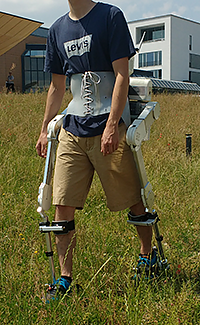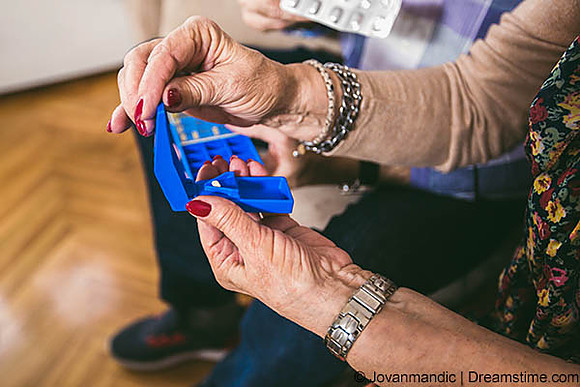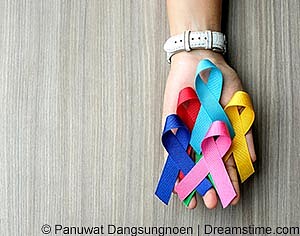Santé

Requérante principale : Dr. Maria del Rio Carral
Co-requérant·e·s : Bouri, Mohamed, Bleuler, Hanes et Santiago-Delefosse, Marie
Collaborateur·trice·s : Noémie Vuilleumier chargée de recherche Jr à 50% Vanlisa Bourqui étudiante assistante à 30% avec la participation et le soutien de Amalric Ortlieb, doctorant EPFL
Fonds : CROSS
Résumé
Notre étude vise à explorer les besoins chez des personnes âgées en Suisse ayant une mobilité réduite par rapport à l'usage d'exosquelettes pour aider à la marche. Trois contextes seront considérés : le milieu médical pour la réhabilitation après une chute, un AVC ou une opération ; des résidences pour des personnes âgées (EMS), et enfin, le domicile pour un usage au quotidien. Notre recherche considère un exemple précis de robotique bio-inspirée qui imite les mouvements inférieurs du corps humain. A travers une approche qualitative, on pourra analyser des attitudes, croyances et représentations chez des personnes entre 65 et 79 ans ayant une mobilité réduite, mais également l'entourage de ces personnes, en s'intéressant aux proches aidants et aux soignants. Notre travail permettra d'évaluer la faisabilité d'adopter des exosquelettes pour améliorer l'autonomie des potentiels usagers.
Abstract
This study aims to explore the needs concerning the use of lower limb exoskeletons to assist walk among elderly people with reduced mobility in Switzerland, across three contexts: medical settings for rehabilitation due to falling, a stroke or an operation; nursing residencies, and/or the household for daily use. The study considers a particular example of bioinspired robotics which imitates lower limb movements, as to identify attitudes, beliefs, and representations among 'young-olds' (people aged between 65 and 79) with reduced mobility and informal/professional caregivers concerned by helping elderly people. It will evaluate the feasibility of adopting exoskeletons to increase autonomy among these potential users.

Requérante principale : María del Río Carral, Ph.D. (organisatrice) Co-requérant·e·s : Marie Santiago Delefosse (co-organisatrice)
Fonds : FNS
Abstract
The organisation of qualitative research in psychology remains an unachieved and complex issue to date, due to its multiple origins at both, cultural and theoretical levels (Bruchez, Roux & Santiago-Delefosse, 2017; Wertz, 2014). The global aim of this workshop consisted on bringing together - for the first time - confirmed & young promising researchers from different cultural/theoretical backgrounds in qualitative research in psychology across Europe, in order to map contemporary practices and modes of organisation and recognition within qualitative research in psychology. Moreover, this workshop, and the scientific network that will potentially be developed from this event, will definitely benefit early career researchers, by providing a space for communication and dissemination.
More specifically, the workshop's original aims were defined as follows: a) analysing qualitative research practices in psychology by researchers themselves, through exchange and definition of common practices; b) initiating networking for common research projects; c) discussing the opportunity to create a European society for qualitative psychology in psychology towards its visibility through institutionalisation. A first major outcome of the workshop is the acknowledgement by all participants of the importance of initiating new synergies for scientific co-operation in qualitative research in psychology. This workshop represented the first step in such direction, extensively perceived as most valuable. The creation of a future European research network composed of researchers with complementary skills and levels of experience seems in this sense very promising. We are currently working on implementing the adequate means to move forward in this direction (surveys, workshops, publications, etc.).

Requérant principal : Prof. Henk Verloo, Institut Santé & Social, HES-SO/Valais
Co-requérant·e·s : Prof. Marie Santiago Delefosse, PHASE, Unil Prof. Armin von Gunten, Hôpital de Cery, CHUV Prof. Boris Wernli, FORS - Université de Lausanne
Collaborateur·trice·s : Filipa Pereira, PhD Student ; Maria del Rio Carral, MER ; Zhivko Taushanov, Senior researcher
Fonds : FNS, PNR 74
Période : 02/2019-01/2022
Abstract
Older adults suffering from chronic conditions often take several medications at the same time. Accurate medication management can be a difficult challenge, especially for people living at home. However, little research has been carried out into the experience of older adults and their informal caregivers (such as family members, friends, neighbours) with medication management.
The aim of the study is, first, to identify factors that can cause undesirable side effects and make taking multiple medication potentially dangerous for home-dwelling older adults. Second, the study will investigate the experiences of this group of patients with medication management. Third, the role of both professional and informal caregivers will be examined.
In a first phase, around 50,000 electronic patient records from the Valais Hospital pertaining to home-dwelling older adults with chronic conditions will be evaluated. The aim of the analysis is to provide evidence of risk factors for adverse effects and dangerous situations associated with older adults taking medication at home. In a second phase, 30 patients and their professional and informal caregivers will be interviewed about their experience of taking medication at home. The selection of older adults for interview will be based on the risk profiles from the first phase of the study.
Based on the research results, recommendations will be made on how to improve the safety of medication management for home-dwelling older adults with chronic conditions. These recommendations should help to prevent the adverse effects and dangerous situations that can lead to hospitalisation, institutionalisation or even premature death.

Requérant principal: Kevin Toffel (HESAV)
Co-requérante : Angélick Schweizer UNIL (SSP)
Fonds : HESSO
Période : 2019-2020
Résumé
Dans un contexte où de plus en plus de personnes survivent significativement plus longtemps après un cancer, la qualité de vie est devenue un enjeu majeur du système de santé suisse. Or les répercussions sur la sexualité constituent souvent l’un des aspects les plus problématiques de la qualité de vie des patients après un cancer. Si l’abord de la sexualité en oncologie est aujourd’hui de plus en plus prôné, les infirmières, pourtant placées en première ligne du contact clinique et du suivi des patients, peinent à aborder systématiquement cette question. Sur la base d’entretiens menés avec des infirmières exerçant dans des services d’oncologie et traitant tant de cancers affectants directement qu’indirectement les organes génitaux et ceux de la fonction reproductive, ce projet permettra d’une part, d’examiner quelles sont les représentations et pratiques des infirmières face à l’abord de la sexualité dans le champ du cancer. Il permettra d’autre part, de saisir le positionnement adopté par ces dernières au sein de la profession comme vis-à-vis des autres professionnels engagés dans la prise en charge de la sexualité en oncologie.



